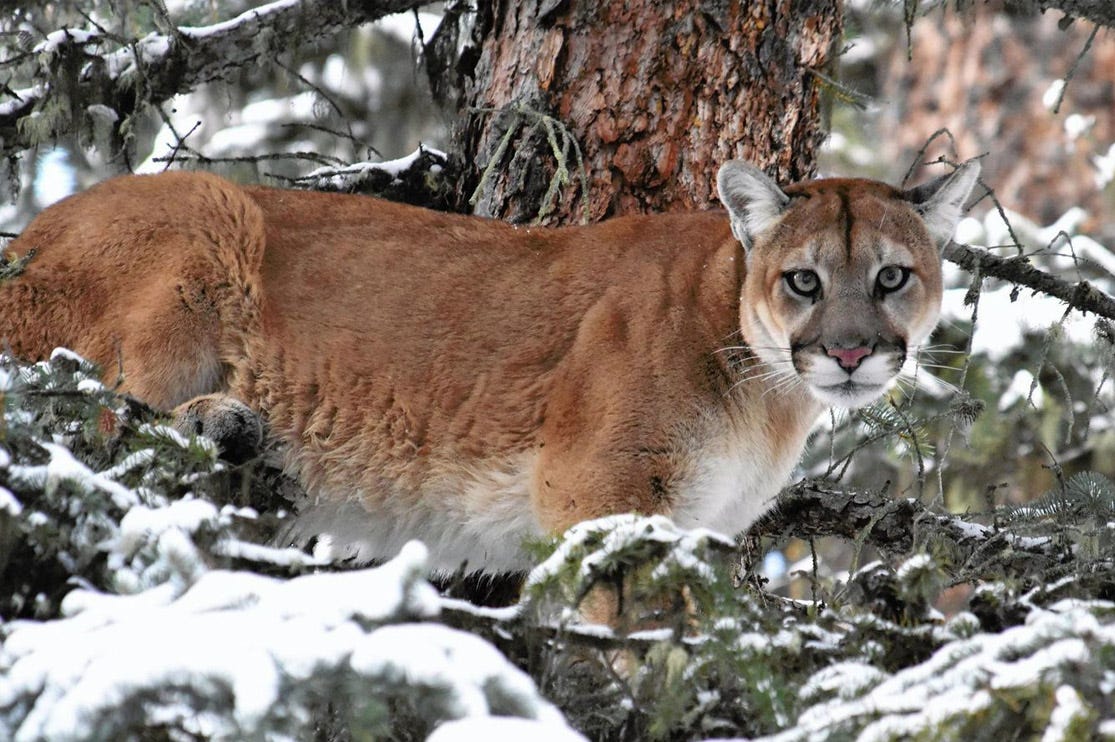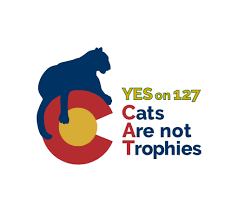From my October reading …
Rewilding Earth: Kris Tompkins’ Vision for Continental-Scale Rewilding
(This is a 39-minute podcast)
Kris Tompkins, president of Tompkins Conservation, cofounded with her late husband Douglas Tompkins, talks about their efforts in rewilding South America, particularly focusing on the Southern Cone’s ecological reconnection. Projects include reintroducing large predators, including jaguars, and restoring ecosystems across vast territories in Argentina and Chile – nearly 15 million acres.
With a commitment to reconnect ecosystems from Chile to Colombia and beyond, Tompkins emphasizes the significance of working with natural systems and engaging local populations to ensure success.
Alcohol in the Wild
Animals in the wild have been long-time partakers of alcohol, according to findings in a study published in Trends in Ecology & Evolution.
Since ethanol is naturally present in almost all ecosystems, resulting from fermenting fruit, researchers believe that most animals eating fruits and nectar likely consume it. In fact, it may be a regular part of many animals’ diets, with higher concentrations in humid tropical areas.
Animals eating alcoholic fruit and nectar often have genes that break down ethanol without the intoxication effect. Ethanol consumption provides a source of calories for animals and may provide medicinal and social benefits, researchers say.
New Panthera Study Suggests Cougars Won't Recolonize Eastern U.S. by 2100 — and Perhaps Never
Models estimate cougars will not relocate further east than central Minnesota or north of Orlando by century end
Cougars (mountain lions) returning to their historic range in the eastern United States would offer many positives for ecosystems and human health. Unfortunately, a study published in Biological Conservation from the global wild cat conservation group Panthera, with the University of Montana, Washington Department of Fish and Wildlife and other contributors, suggests that without conservation intervention, cougars will not recolonize their historic range in the eastern U.S. by the year 2100, and perhaps never.
The study found that cougars would reclaim just 2 percent of their unoccupied range by 2100, mostly in boreal Canada, with Manitoba being the only location that models indicate is certain to host a new breeding population. Oklahoma and Minnesota had just a 30 percent chance of one litter being born before 2100, and other states had even lower chances of seeing the establishment of new populations – Kansas, 11 percent, and Iowa, 2 percent. No other unoccupied regions east of the Mississippi River were predicted to host breeding cougars by 2100.
Colorado Citizens: Vote Yes on Ballot Issue 127
Prop 127 is a major focus for animal welfare advocates, everyday citizens and conservationists in the Rocky Mountain State because it seeks to halt Colorado’s unnecessary and ruthless practices of trophy hunting and commercial fur trapping of mountain lions and bobcats. The legislation can serve as a model for other states as well.
A very small segment of the population — 2,000 trophy hunters and 700 fur trappers — kills as many as 2,500 lions and bobcats for their heads, hides and beautiful coats during a four-month assault, rigging the hunt with packs of dogs, bait, cage traps and high-tech gadgetry, as well as drones.
On Tuesday, November 5, VOTE YES on 127, citizens of Colorado.
Maria Fotopoulos writes about the connection between overpopulation and biodiversity loss, and occasionally other topics that confound her.
FB | X
Start a conversation when you wear this tee shirt …
Your purchase helps support Maria’s conservation writing.
Order Tee Shirts Here:
Wildlife Matters | Printify Pop-Up
Read about the status of elephants today here.












